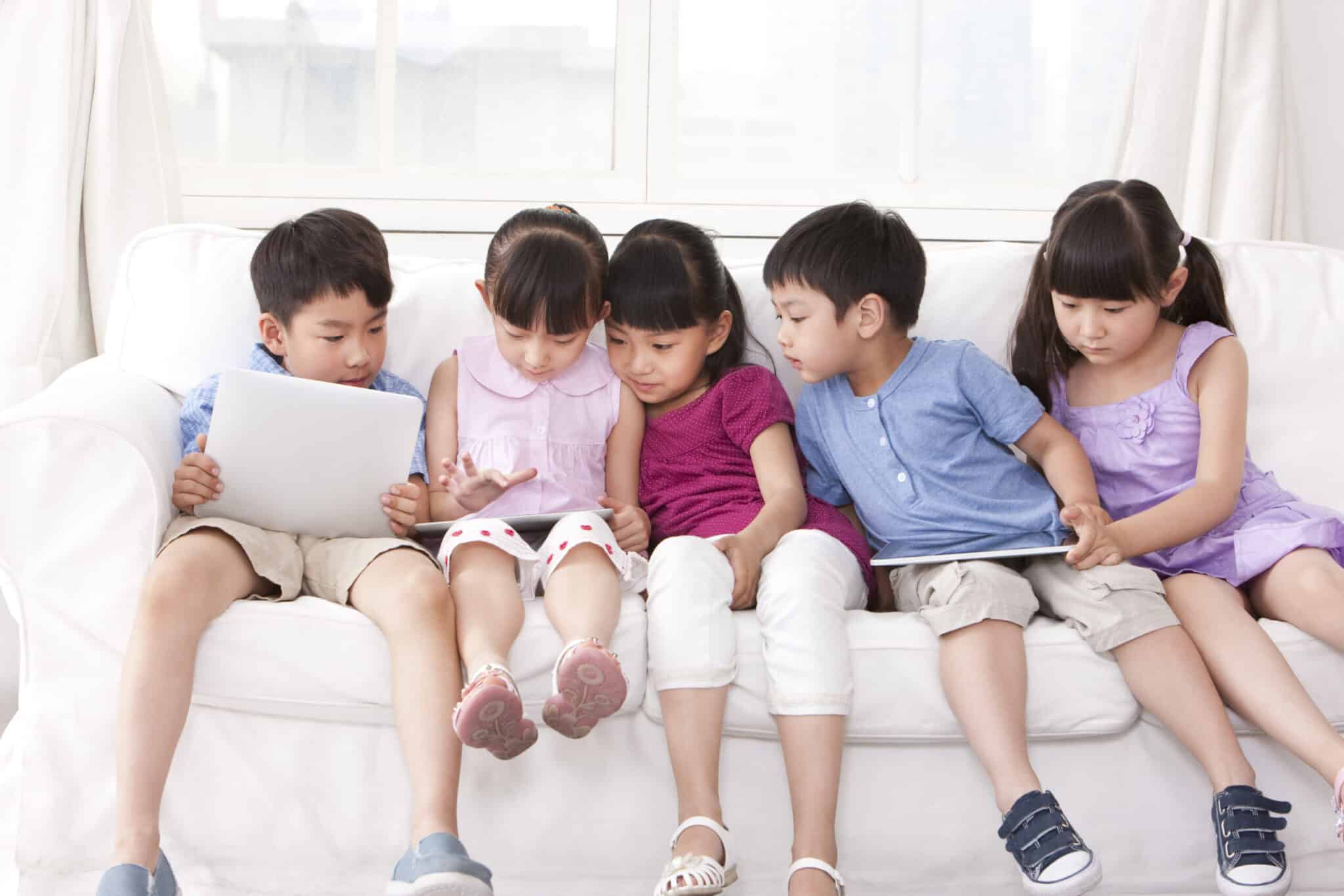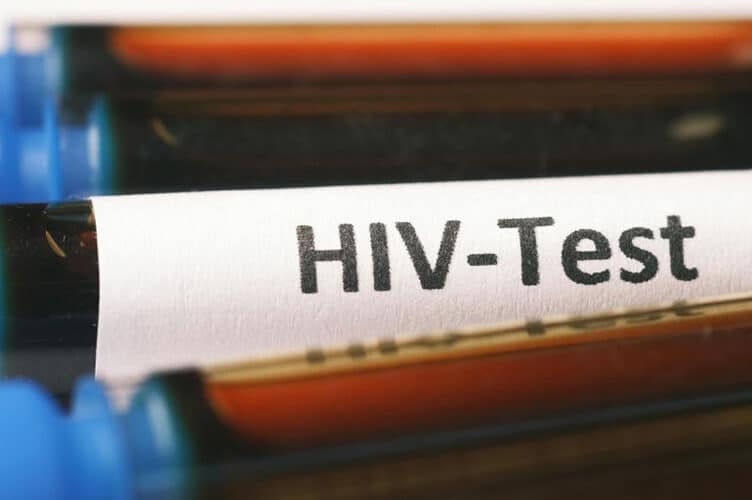AFTER millennials and GenZs come this new generation cohort called Generation Alpha. They are those born on or after 2010 – the year when the first Instagram post was published and the first generation of the Ipad was released.
Often, they are the children of the millennials, or those born between 1982 and 1994, the digital natives whose activities are mediated by the screen. Some are younger siblings of internet-influenced GenZs, or those born between 1995 to 2010.
A US-based business intelligence company, Morning Consult, conducted a survey among 3,001 American parents with children under the age 9 in December 2022. Another survey was conducted among 1,000 parents with children under the age of 18.
The questions focused on children’s screen time, brand preferences, purchasing influence, financial future, healthy habits and travel plans.
These are the highlights of their findings:
COVID ‘effect’
Parents believe Alphas will be better off than earlier generations because of modern-day technology in terms of:
1. Communication / socialization
2. Developing skills for the workforce
3. Happiness
4. Ability to be financially successful
5. Education/ schooling
6. Creativity and innovation
However, when it comes to mental health, and, to some degree, physical health, parents believe their children to be “worse off” than previous generations.

“Call it the COVID effect,” the researchers noted.
“COVID-19 upended any ‘normal’ childhood many Alphas could have, impacting important social development. Familial stability is important for Gen Alpha parents,” they added.
SUGGESTED STORIES:
GMA Exec Gozon-Valdes Visit Marawi for Pay It Forward
WITH years of dedication to educational causes, GMA Network Vice.
WHO suggests Gilead’s lenacapavir to prevent HIV
THE World Health Organization (WHO) recommended the use of lenacapavir,.
DepEd Sec. Angara Reaffirms Dedication to Bridging Digital Gap
ALIGNED with President Ferdinand Marcos Jr.’s vision of ensuring accessible.
Many parents are also having tough conversations with their young children including topics such as race, gender norms and politics. Apparently as a result of the pandemic, Gen Alpha parents are “proactively prepping” their children for a world that is constantly changing.
“No more shying away from the ‘birds and bees’ conversation,” they said.

Digital alphas: Tablets and VRs
Most of the Alphas, or 54 percent, own a tablet, the same rate as older children.
Around 11 percent of Alphas also own a VR headset, with 26 percent living in a household that has one.
“Many Gen Alpha children are growing up with VR – a potentially good sign for companies’ long-term metaverse plays,” the researchers said.
Majority of Gen A parents, around 70 percent, are spending up to six hours online.
Around 62 percent of children aged 0-4 are spending one hour to six hours on screen every day.

This trend increases as they get older, up to nine years old.
“But age 10 marks a turning point,” Morning Consult said.
Around 80 percent of children aged 10-12 are spending one to six hours online every day. The percentage of children spending time online for three to six hours increased from 24 percent at age 0-4, to 52 percent at age 10-12.
They are mostly on their smartphones, desktop computers and VR.
“While tablet ownership is the highest, VR headsets and desktop computers earn the most screen time,” it said.
Nearly two years in the lives of these kids were marked by the Covid-19 lockdowns.
Digital learning
Parents tend to agree that their children benefit from digital learning.
However, the verdict is not yet out if the learning loss during the lockdown was compensated by digital learning.
Apps like Discord, online games such as Fortnite and Roblox, and platforms like Youtube also helped the Gen Alpha make new friends and discover online communities.

“Roughly 3 in 5 children ages 18 and under regularly socialize with their friends online through games or messaging apps, according to their parents,” it said.
About a quarter of Gen Alpha parents said their children have gained friends whom they only met online. Also, 41 percent of Gen Alpha parents said online games have had a “positive impact” on their children’s socialization.
“But Gen Alpha parents still take certain precautions. Almost three-quarters (73%) said they implement parental controls like site filtering or activity monitoring,” it added.
Tomorrow part 2: Financial crunch and eating habits
How useful was this post?
Click on a star to rate it!
Average rating 0 / 5. Vote count: 0
No votes so far! Be the first to rate this post.
We are sorry that this post was not useful for you!
Let us improve this post!
Tell us how we can improve this post?








